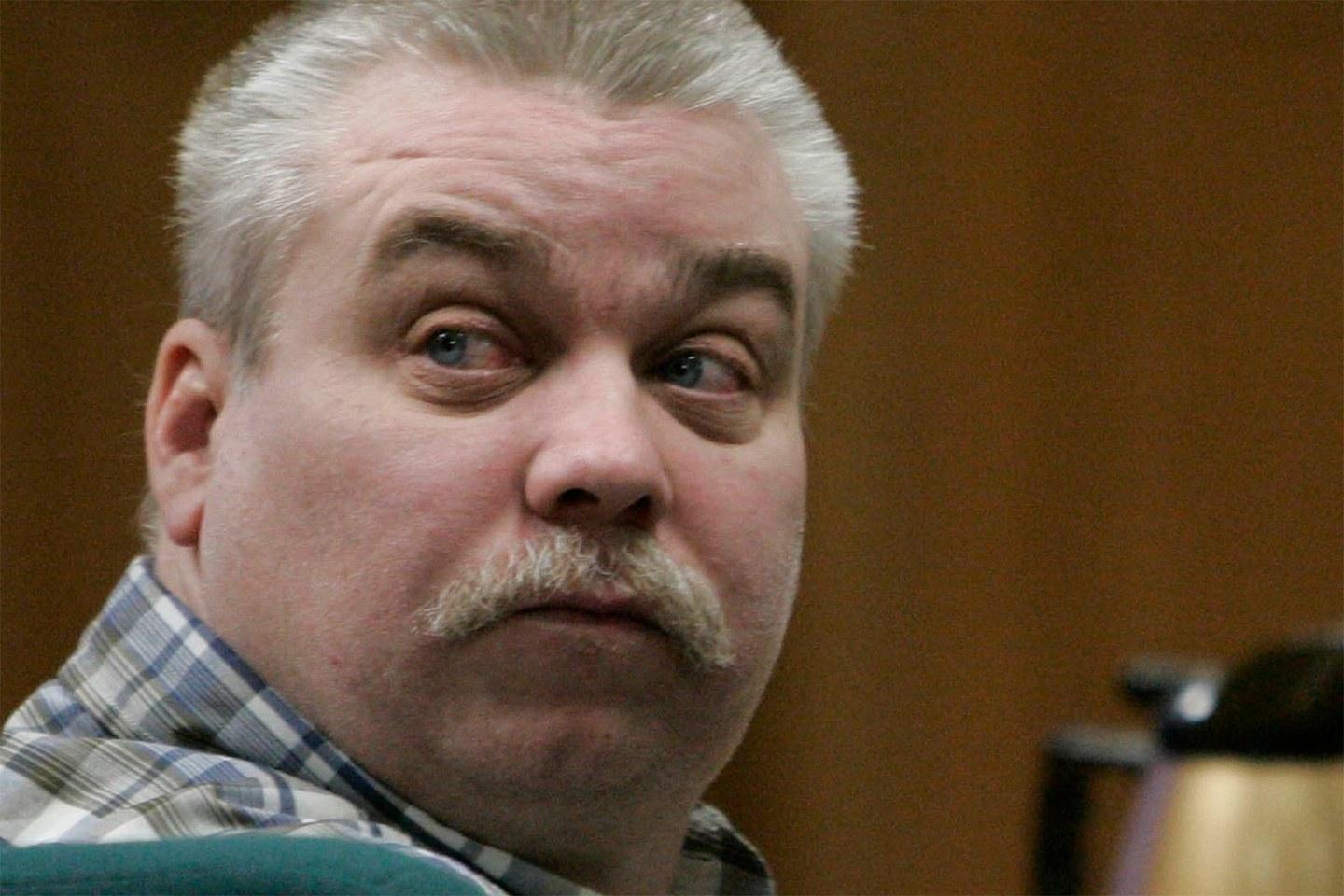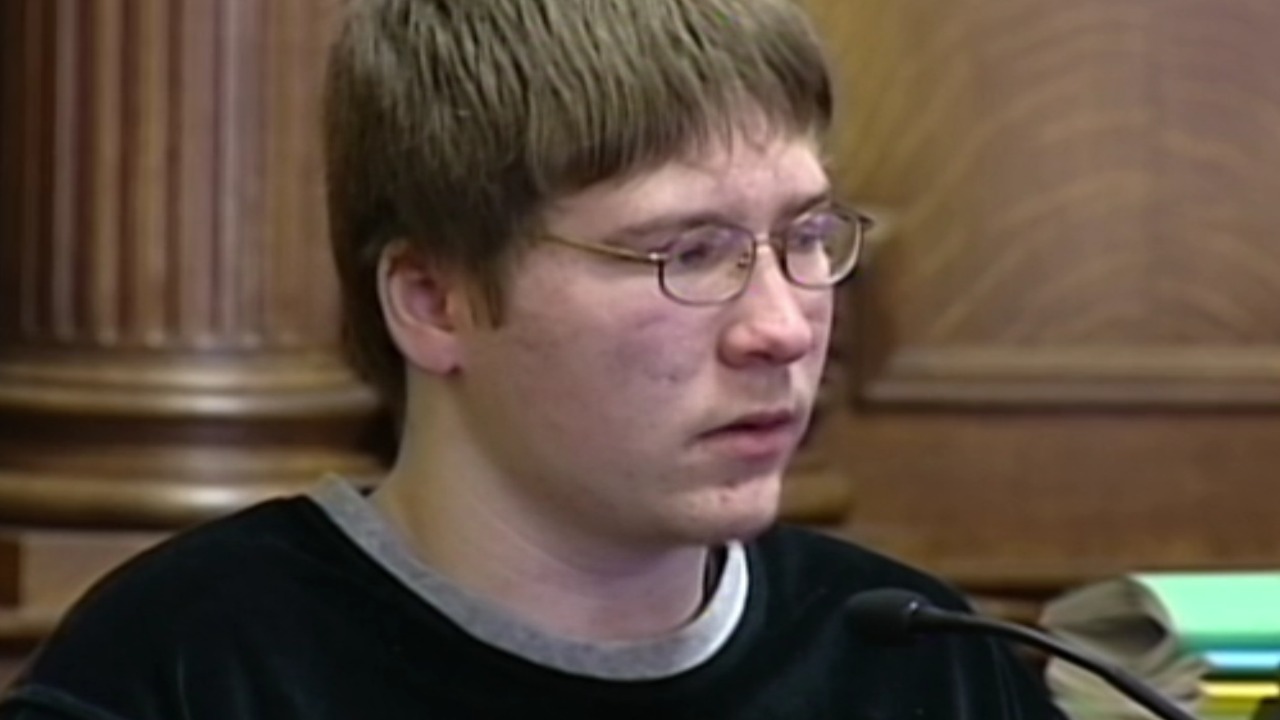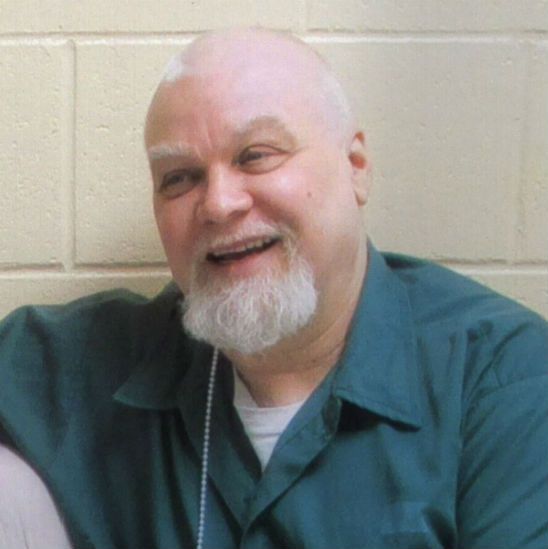Brendan Dassey, Steven Avery's nephew, emerged as a pivotal figure in one of the most contentious legal sagas of recent times. The narrative of Steven Avery and his nephew transcends the boundaries of crime and punishment, offering a profound examination of the justice system, wrongful convictions, and the human toll of systemic flaws. The global audience was captivated by the unfolding events depicted in the Netflix documentary "Making a Murderer," which prompted profound discussions on truth, justice, and morality.
This article seeks to provide an exhaustive analysis of Brendan Dassey's role in the Steven Avery case, scrutinizing the controversies surrounding his conviction, the profound effects on his life, and the broader ramifications for the justice system. Through this narrative, we will uncover the untold story behind the creation of a controversial legacy that continues to resonate globally.
From legal disputes to emotional upheaval, the journey of Steven Avery's nephew is a gripping tale that invites reflection on the fragility of justice and the necessity of accountability. Let’s explore the nuances of this intricate case and understand the complexities that have shaped Brendan Dassey's life.
Read also:Unpacking The Lara Rose Leak Privacy Consent And Digital Responsibility
Table of Contents
- Biography of Brendan Dassey
- Early Life and Background
- Overview of the Steven Avery Case
- Brendan Dassey's Involvement
- Controversies Surrounding the Case
- Legal Battles and Appeals
- Psychological Impact on Brendan Dassey
- The Justice System Under Scrutiny
- Public Reaction and Media Coverage
- The Legacy of Steven Avery and Brendan Dassey
Biography of Brendan Dassey
Early Life and Background
Brendan Dassey, born on February 13, 1990, is the nephew of Steven Avery, a central figure in the widely discussed legal drama that unfolded in Manitowoc County, Wisconsin. Raised in modest circumstances, Brendan encountered numerous challenges from an early age. His learning disabilities and low IQ made it exceedingly difficult for him to navigate the complexities of the world around him.
Below is a summary of Brendan Dassey's key biographical details:
| Full Name | Brendan Joseph Dassey |
|---|---|
| Date of Birth | February 13, 1990 |
| Place of Birth | Manitowoc County, Wisconsin |
| Family Background | Son of Patricia Dassey and half-brother of Nicole Dassey |
| Education | Special education classes due to learning disabilities |
Brendan's upbringing in a close-knit family shaped his early years, but his vulnerabilities would later become a focal point in the legal proceedings against him.
Overview of the Steven Avery Case
The Steven Avery case garnered international attention following the release of the Netflix documentary "Making a Murderer" in 2015. Steven Avery, a Manitowoc County resident, was wrongfully convicted of sexual assault and spent 18 years in prison before being exonerated by DNA evidence in 2003. However, just two years later, Avery was arrested again, this time for the murder of Teresa Halbach, a freelance photographer who disappeared in 2005.
Key aspects of the case include:
- Teresa Halbach's car was discovered on Avery's salvage yard.
- Steven Avery and Brendan Dassey were both charged with her murder.
- The case raised questions about police misconduct and the integrity of the investigation.
The trial and subsequent conviction of both Avery and Dassey ignited widespread debate about the fairness of the justice system.
Read also:The Heart And Soul Of The Walking Dead A Comprehensive Look At Andrew Lincoln
Brendan Dassey's Involvement
Brendan Dassey's involvement in the Teresa Halbach case began when he was questioned by law enforcement shortly after her disappearance. At the time, Brendan was only 16 years old and had an IQ below average, making him particularly susceptible during police interrogations.
During the investigation:
- Dassey was subjected to lengthy interrogations without the presence of a lawyer or guardian.
- He confessed to assisting in the murder, but his confession was later questioned due to inconsistencies and coercion.
- Experts argued that his mental limitations rendered him vulnerable to suggestion and manipulation.
Brendan's confession became a critical piece of evidence in the prosecution's case, but its validity has been a point of contention ever since.
Controversies Surrounding the Case
Interrogation Practices and Coercion
One of the most significant controversies in the Steven Avery case revolves around the interrogation techniques used on Brendan Dassey. Critics argue that the police employed coercive methods, exploiting Dassey's cognitive limitations to extract a confession.
Key points of contention include:
- Dassey's confession contained details that were inconsistent with the crime scene evidence.
- Law enforcement provided Dassey with information during the interrogation, which he later repeated as part of his confession.
- Experts testified that Dassey's mental state made him highly suggestible, casting doubt on the reliability of his statements.
The use of such interrogation practices has been heavily criticized by legal experts and advocacy groups, emphasizing the need for reform in law enforcement procedures.
Legal Battles and Appeals
Brendan Dassey's legal journey has been marked by challenges and setbacks. After being convicted of first-degree murder, sexual assault, and mutilation of a corpse, Dassey was sentenced to life in prison with the possibility of parole after 2048.
Key legal developments include:
- In 2016, a federal judge overturned Dassey's conviction, citing coercive interrogation tactics.
- The decision was later reversed by an appeals court, and Dassey remains incarcerated.
- Dassey's legal team continues to pursue appeals, aiming to bring his case before the U.S. Supreme Court.
These ongoing legal battles highlight the complexities and uncertainties surrounding Dassey's case, as well as the broader implications for the justice system.
Psychological Impact on Brendan Dassey
The psychological toll of the Steven Avery case on Brendan Dassey is undeniable. From the moment he was implicated in the murder, Dassey has faced immense emotional and mental challenges. Being incarcerated at such a young age, coupled with the public scrutiny of his case, has taken a significant toll on his well-being.
Research indicates that individuals with cognitive limitations, like Dassey, are particularly vulnerable in the criminal justice system. The stress of prolonged legal battles, combined with the harsh realities of prison life, has undoubtedly affected Dassey's mental health.
The Justice System Under Scrutiny
The Steven Avery case and Brendan Dassey's involvement have placed the U.S. justice system under intense scrutiny. Critics argue that the case highlights systemic failures, including:
- Police misconduct and the use of coercive interrogation techniques.
- Inadequate legal representation for vulnerable defendants.
- Biases and prejudices that can influence trial outcomes.
As the case continues to unfold, it serves as a catalyst for discussions about reform and accountability within the justice system.
Public Reaction and Media Coverage
The release of "Making a Murderer" ignited a global conversation about the Steven Avery case and Brendan Dassey's role in it. Viewers were divided in their opinions, with some believing in Avery and Dassey's innocence, while others maintained that the evidence supported their guilt.
Media coverage played a pivotal role in shaping public perception. Journalists and legal analysts dissected every detail of the case, fueling debates about the fairness of the trial and the reliability of the evidence. The documentary's portrayal of the investigation and legal proceedings contributed to a growing sense of distrust in the justice system.
The Legacy of Steven Avery and Brendan Dassey
The legacy of Steven Avery and Brendan Dassey extends far beyond the confines of a single case. Their story has become a symbol of the ongoing struggle for justice and reform in the legal system. It serves as a reminder of the importance of safeguarding the rights of all individuals, especially those who are most vulnerable.
As the case continues to evolve, the lessons learned from it will undoubtedly influence future legal practices and policies. The untold story of Brendan Dassey's journey highlights the human cost of systemic failures and the need for accountability and transparency in the pursuit of justice.
Conclusion
In conclusion, the story of Steven Avery's nephew, Brendan Dassey, is a powerful narrative that sheds light on the complexities and challenges of the justice system. From his early life and involvement in the Teresa Halbach case to the ongoing legal battles and psychological impact, Dassey's journey is a testament to the importance of fairness, accountability, and reform.
We invite you to join the conversation by leaving your thoughts and questions in the comments below. Share this article with others who are interested in exploring the intricacies of the Steven Avery case and its broader implications. Together, we can continue to advocate for a more just and equitable society.


